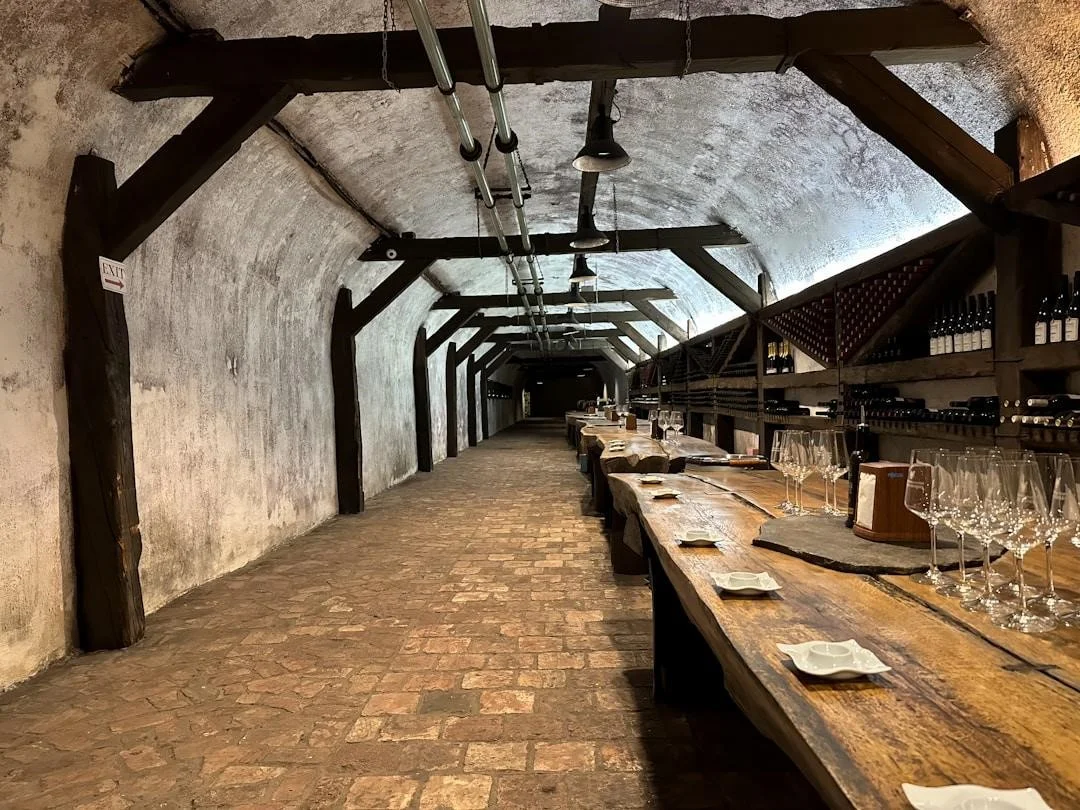The world of wine is both rich and diverse, attracting connoisseurs and enthusiasts eager to deepen their understanding of this exquisite beverage. Professional sommeliers are at the forefront of the industry, possessing not just a passion for wine but also a formidable blend of knowledge and skill in their craft. Sommelier certification is a beacon of expertise and a career milestone for wine professionals everywhere. It confirms proficiency in the vast world of viticulture, enology, and wine service. If you’ve ever considered joining this elite group of wine specialists, understanding the intricacies of sommelier certification is a crucial first step. Below, we’ll explore what this certification entails and its various aspects.
The Importance of Sommelier Certification in the Wine Industry

The recognition of a certified sommelier is not just about prestige; it’s an endorsement of one’s comprehensive understanding of wine and its service. Certification distinguishes an individual in the highly competitive hospitality industry, showcasing their commitment to excellence and continuous learning.
Certification can also contribute to the credibility and trustworthiness of wine professionals. As consumers become more knowledgeable and interested in wine’s origin, production, and characteristics, they look to certified sommeliers for guidance in making informed choices. This certification is not limited to enhancing the customer experience; it also brings an in-depth understanding of managing wine inventory and pairing principles.
Gaining a sommelier certification requires a significant investment of time and effort. The process includes rigorous preparation and exams that cover a vast array of topics, from the history of wine to the minutiae of service etiquette. This educational journey enriches a sommelier’s appreciation of wine culture, enabling them to deliver a higher level of service.
Furthermore, a certified sommelier’s expertise can be pivotal to an establishment’s financial success. Their ability to manage cost and quality effectively, curate profitable wine lists, and create an extraordinary guest experience directly contributes to a business’s reputation and bottom line. In essence, sommelier certification is more than just an ornamental accolade; it is a foundational element for professional development and success in the wine industry.
Diving Deep into the Levels of Sommelier Certification

The journey to becoming a certified sommelier consists of several stages, each more challenging than the last. It typically begins with an introductory course that lays the groundwork for future advancement. These introductory courses often encompass the basics of wine tasting, grape varieties, and wine regions.
Intermediate and advanced levels follow, delving deeper into the complexities of wine, service, and the industry’s business aspects. These stages include comprehensive studies of international wine laws, viniculture, and the global wine market. Here, the aspiring sommelier begins to understand the finer nuances that set great wines apart from the ordinary.
Many programs culminate in a master-level certification, which is widely recognized as one of the highest distinctions in the profession. Achieving this level is a testament to an individual’s dedication and mastery of the multifaceted world of wine. It requires an advanced palate, extensive knowledge, and the acumen to apply this understanding in a practical, service-based context.
Each level of certification has its own set of exams and practical assessments. These rigorous tests ensure that the sommelier understands the theory and can apply their knowledge in real-world scenarios. Success at each level signifies a milestone, with the master sommelier designation representing a pinnacle of achievement in the profession.
Key Skills and Knowledge Tested in Sommelier Exams
Sommelier exams are comprehensive and demand a wide array of skills from candidates. Tasting skills are paramount, as sommeliers must discern and precisely describe wines. The blind-tasting component of the exam challenges candidates to identify wines using only their senses, requiring rigorous practice and a nuanced understanding of wine profiles.
In addition to tasting, the exams test candidates’ knowledge of international wine regions, grape varietals, viticulture, and winemaking processes. Understanding the factors influencing wine styles, quality, and value across the globe is essential for passing the theory segment of the exams.
Service skills are also critical to sommelier examinations. Candidates must demonstrate their ability to properly present and serve wine, including decanting, selecting appropriate glassware, and pairing wine with food. This practical component evaluates the sommelier’s poise, efficiency, and ability to enhance guests’ dining experience.
Business acumen is examined, ensuring that sommeliers are equipped to manage wine inventories, create wine lists, and understand the economics of the wine industry. This aspect of the exam ensures that certified sommeliers can contribute to the profitability and success of the establishments where they work.
Altogether, sommelier certification is a rigorous and rewarding journey that requires dedication, knowledge, and skill across multiple facets of the wine industry. Certification elevates a professional’s career and enhances the overall dining experience for wine enthusiasts and businesses alike.





